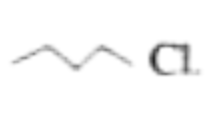In the following pairs of halogen compounds, which would undergo SN2 reaction faster?
(2)  .
.
Text Solution
I− is a better leaving group (because of its large size and low electronegatively) than Cl− ion (small size, high electronegativity). So, n-butyl iodide undergoes SN2 reaction at a faster rate than n-butyl chloride.
|
Topper's Solved these Questions
- HALOAKANES AND HALOARENESBOOK - CHHAYA PUBLICATIONCHAPTER - HALOAKANES AND HALOARENESEXERCISE - Higher order thinking skill (HOTS) questions
59 Videos
- HALOAKANES AND HALOARENESBOOK - CHHAYA PUBLICATIONCHAPTER - HALOAKANES AND HALOARENESEXERCISE - Warm up exercise
120 Videos
- HALOAKANES AND HALOARENESBOOK - CHHAYA PUBLICATIONCHAPTER - HALOAKANES AND HALOARENESEXERCISE - Short Answer type (SA)
17 Videos
- GENERAL PRINCIPLES AND PROCESSES OF ISOLATION OF ELEMENTSBOOK - CHHAYA PUBLICATIONCHAPTER - GENERAL PRINCIPLES AND PROCESSES OF ISOLATION OF ELEMENTSEXERCISE - PRACTICE SET 6
10 Videos
- HYDROCARBONSBOOK - CHHAYA PUBLICATIONCHAPTER - HYDROCARBONSEXERCISE - PRACTICE SET 13
16 Videos
Similar Questions
Knowledge Check
Which will undergo SN2 reaction faster
A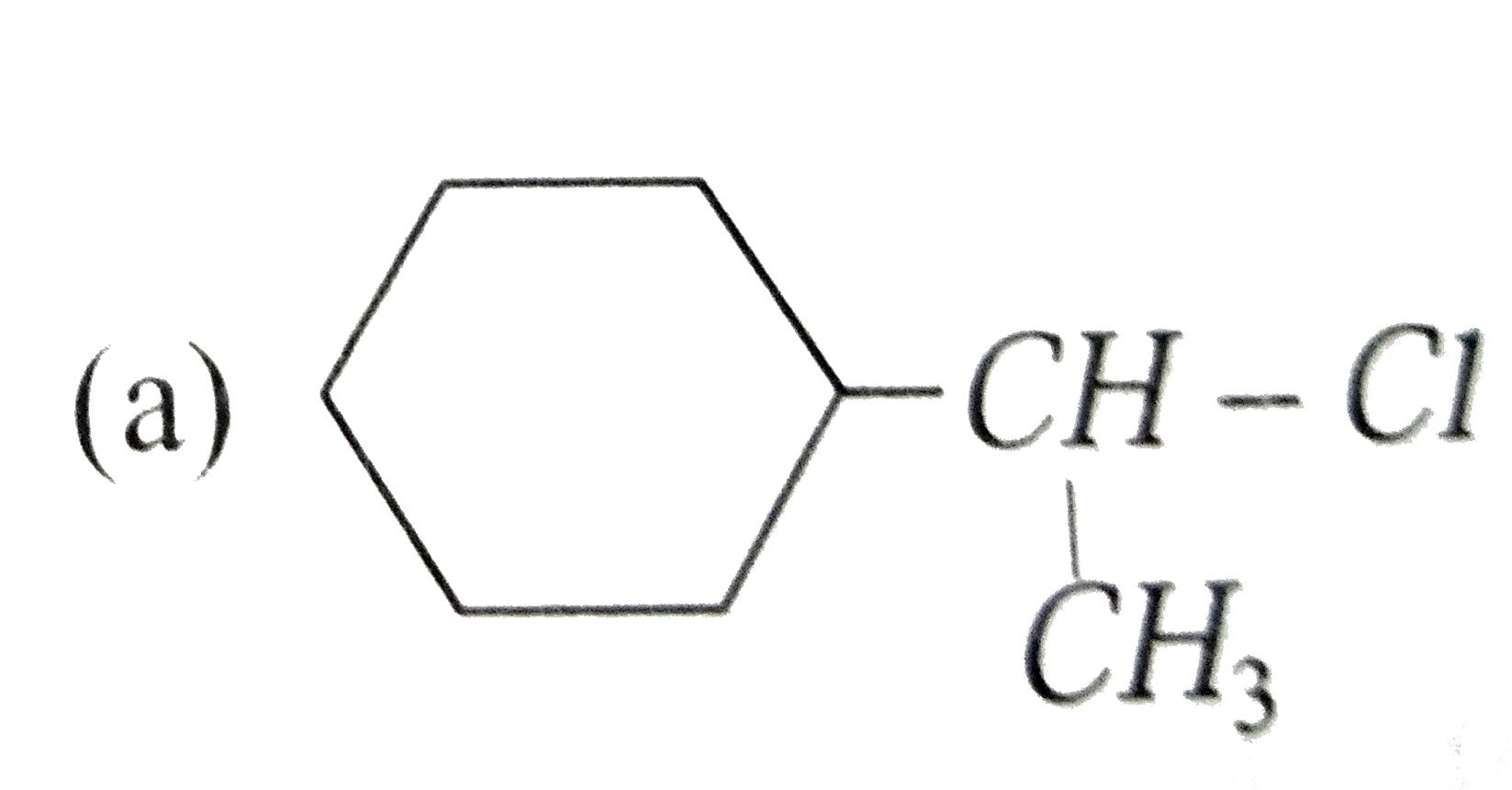 B
B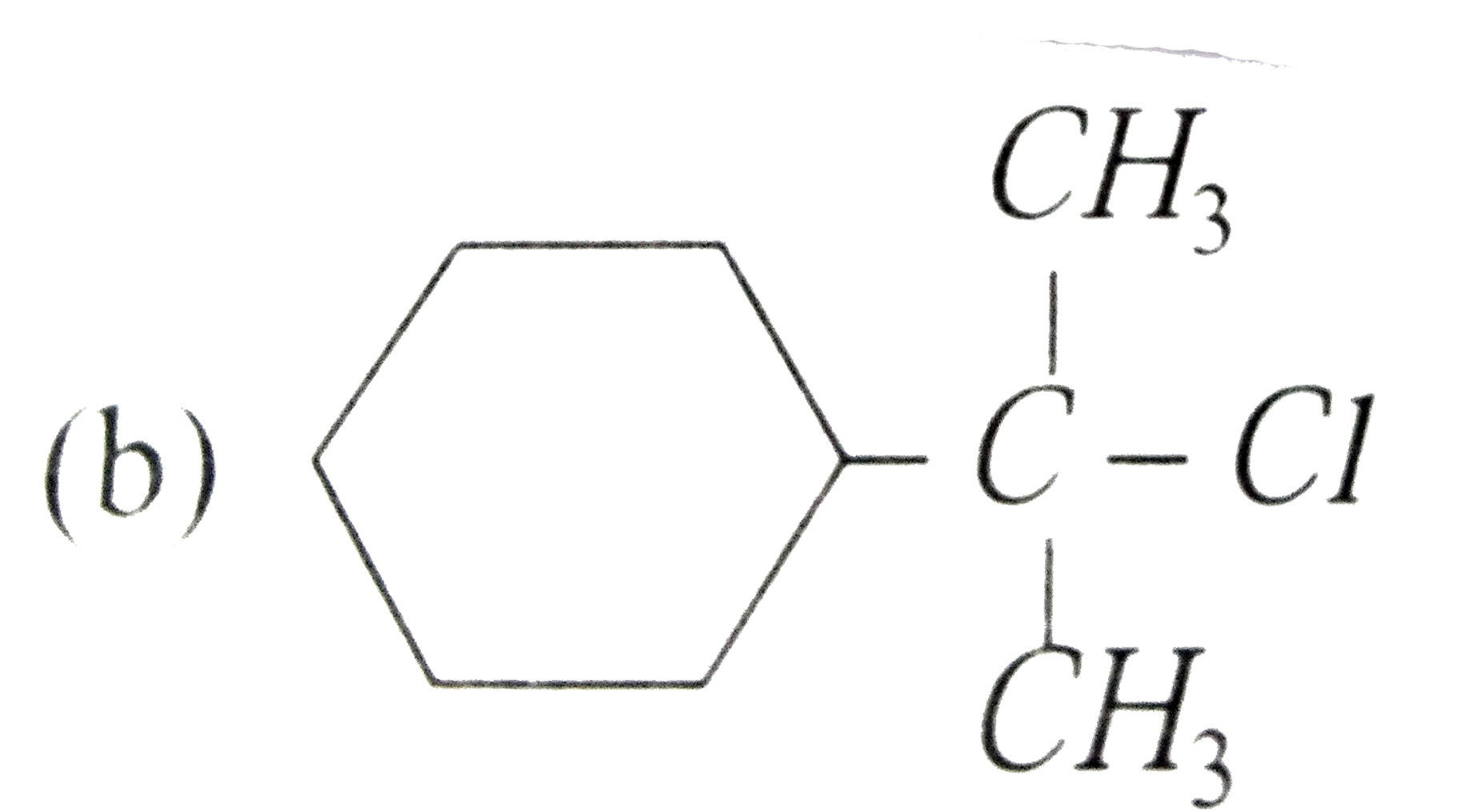 C
C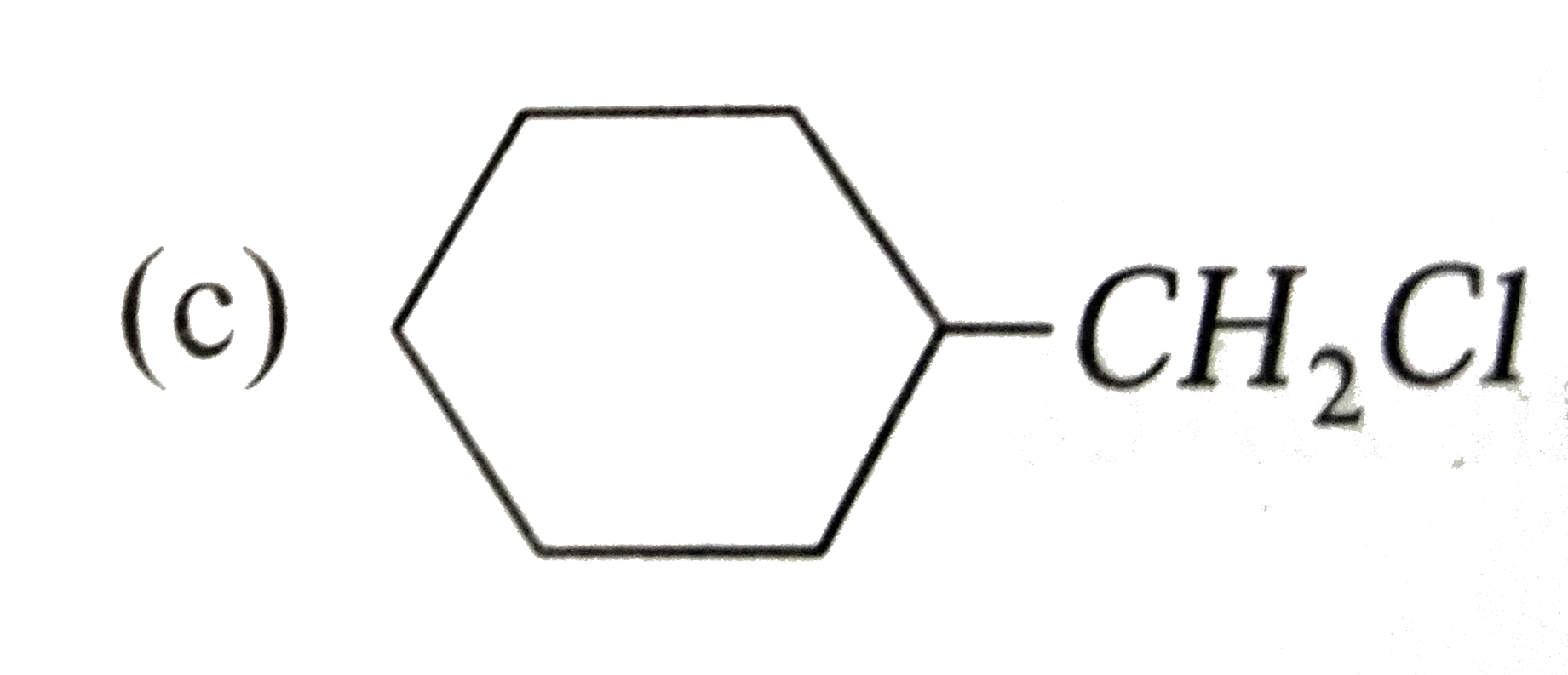 D
D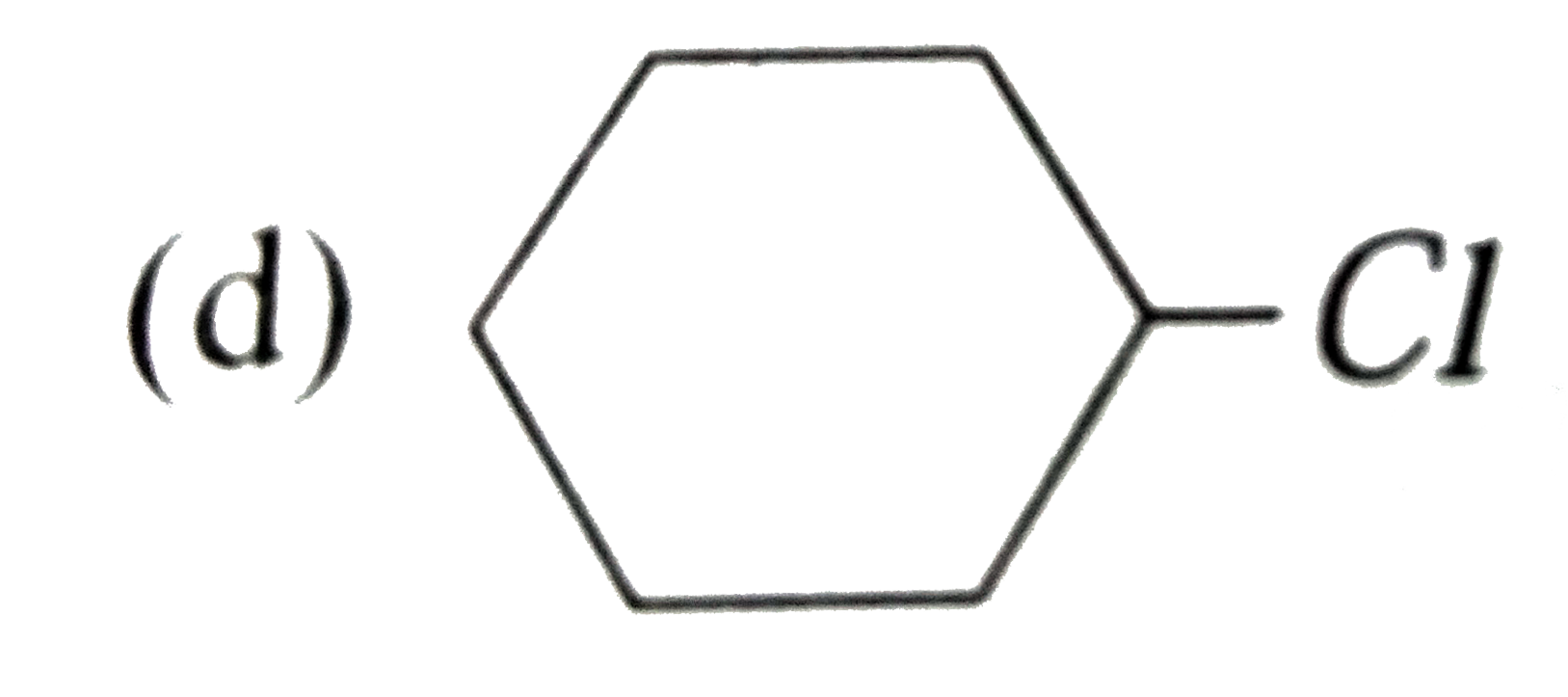
In the following pairs of halogen compounds, which compounds undergoes faster SN1 reaction?
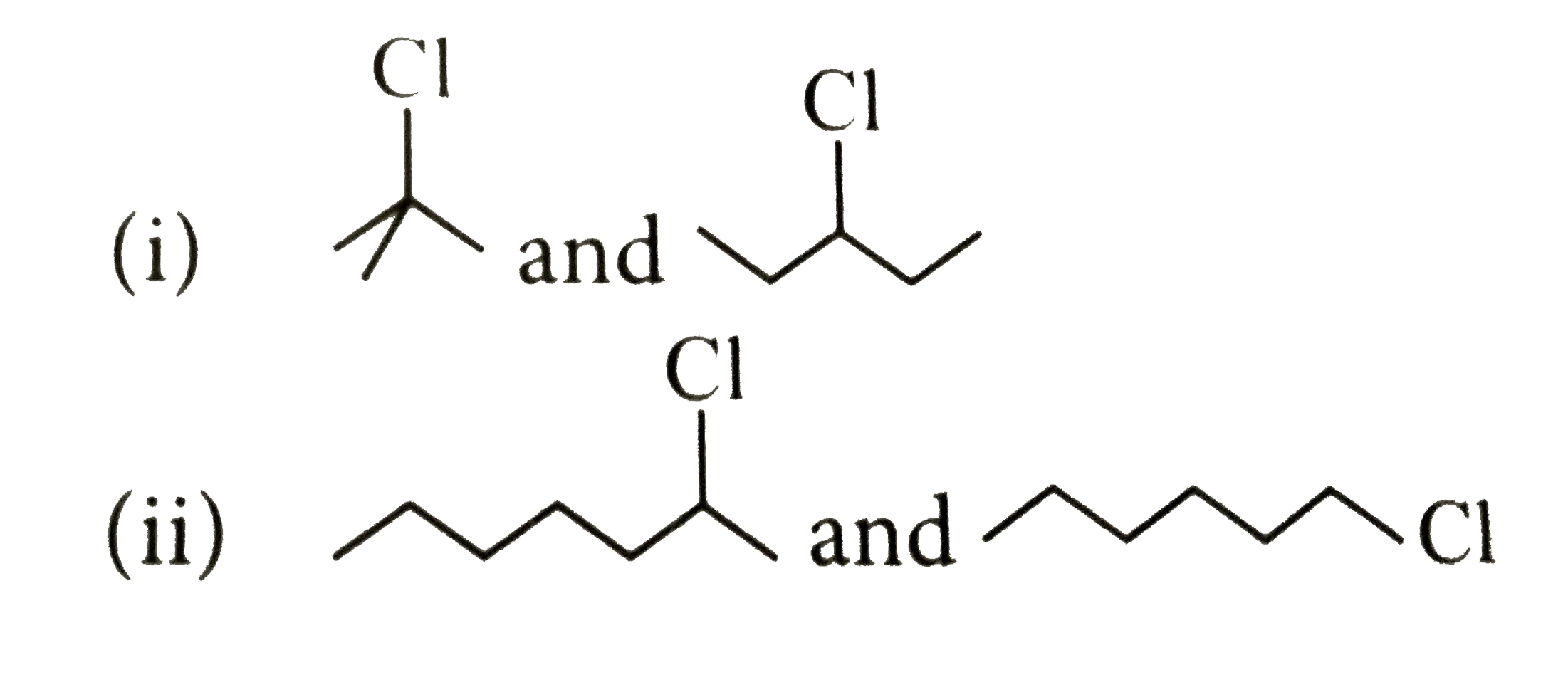 A
A B
B C
C D
D
In the following pairs of halogen compounds , which compound undergoes faster SN1 reaction :?

 A
A B
B C
C D
D
In the following pairs of halogen compounds, which compound undergoes SN1 reaction faster?

View SolutionIn the following pairs of halogen compounds, which compound undergoes faster SN1 reaction?
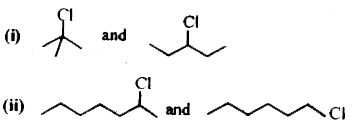
View SolutionIn the following pairs of halogen compounds, which compound undergoes faster SN1 reaction?

View SolutionIn the following pairs of halogen compounds, which compound undergoes faster SN1 reaction?

View SolutionIn the following pair of halogen compounds, which compound undergoes faster SNl reaction ?
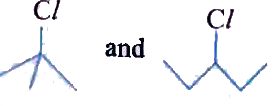

View Solution

